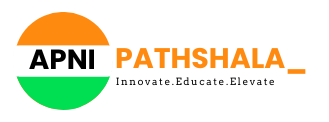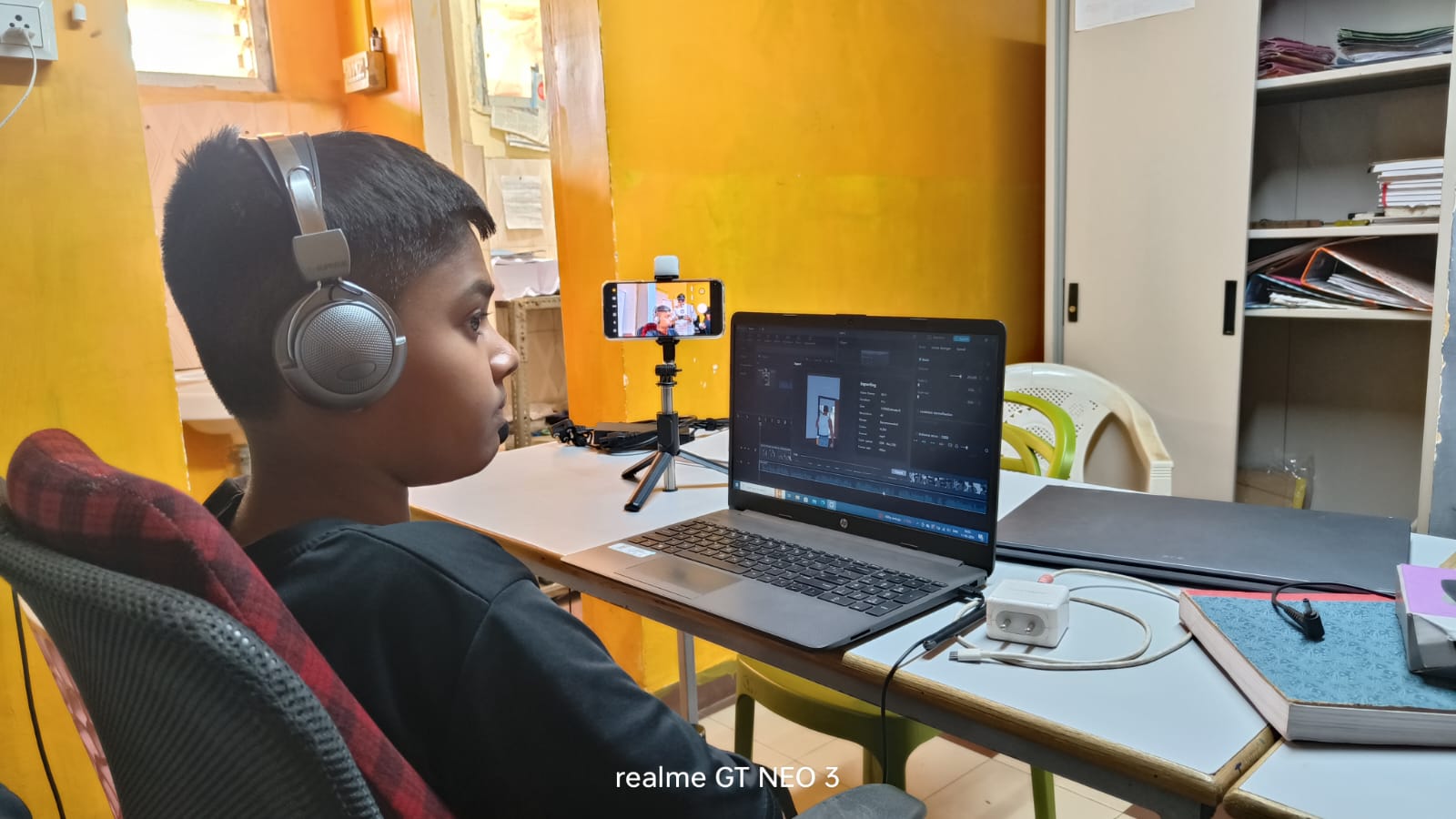Apni pathshala
Self Mastery: The Path to Personal Growth
Self Learning
What is Self Learning?
Self learning is the process of acquiring knowledge, skills, or understanding on one’s own without direct supervision or instruction from others. It involves taking personal responsibility for one’s own learning journey.
The Importance of Self-Learning
Self-learning enables individuals to take control of their personal growth and development. It fosters independence, critical thinking, and self-motivation, while also promoting a proactive approach to learning.
The Benefits of Mastering Self Learning
By mastering self learning, individuals can adapt to changing circumstances, improve problem-solving skills, and enhance their overall confidence and resilience.
Developing a Growth Mindset
Embracing challenges and failures as opportunities for growth rather than setbacks is key to developing a growth mindset. Viewing setbacks as learning experiences can help individuals bounce back stronger.
Cultivating Curiosity and Openness
Cultivating curiosity and openness to new ideas and perspectives can broaden one's horizons and stimulate continued learning. Being open-minded allows for fresh insights and creativity.
Setting Goals and Seeking Feedback
Setting specific, achievable goals helps individuals stay focused and motivated throughout their learning journey. Seeking feedback from peers, mentors, or experts can provide valuable insights for improvement.
Building Self-Discipline
Creating effective study habits, such as setting a routine, organizing study materials, and finding a conducive learning environment, can boost productivity and focus. .
Overcoming Procrastination and Distractions
Mastering time management techniques like prioritizing tasks, setting deadlines, and avoiding distractions is essential for staying on track with learning goals.
Overcoming Procrastination and Distractions
Overcoming procrastination and distractions through techniques like breaking tasks into smaller steps, setting timers, and creating a structured study schedule can help maintain focus and productivity.
Expanding Knowledge and Skills
Diversifying learning sources, such as books, online courses, workshops, and practical experiences, can provide a well-rounded education and different perspectives.
Seeking Mentorship and Networking
Seeking mentorship from experienced individuals in the field of interest and networking with like-minded individuals can offer valuable guidance, support, and opportunities for growth.
Applying Knowledge in Real-Life Situations
Applying acquired knowledge and skills in real-life situations can deepen understanding and facilitate practical application, leading to mastery and expertise in a particular area.
Nurturing Continuous Self-improvement
Reflecting on progress, achievements, and setbacks allows individuals to assess their growth, learn from experiences, and identify areas for further improvement.
Adjusting Goals and Strategies
Adjusting goals and strategies based on feedback, changing circumstances, or personal reflection is key to continuous improvement and adapting to new challenges.
Celebrating Achievements and Practicing Gratitude
Celebrating achievements, no matter how small, and practicing gratitude for opportunities, resources, and support received along the learning journey can boost motivation and positivity.
Summary
By embracing self-learning, developing a growth mindset, building self-discipline, expanding knowledge and skills, and nurturing continuous self-improvement, individuals can unlock their full potential for personal growth and development.
Pranav Gorathe - Developer
Frequently
Asked Questions
Setting clear goals, finding personal meaning in the learning process, and seeking support from peers and mentors can help maintain motivation.
Self learning can encompass a wide range of skills and knowledge, including personal hobbies, interests, and self-improvement goals. It is a versatile tool for lifelong learning and growth.

